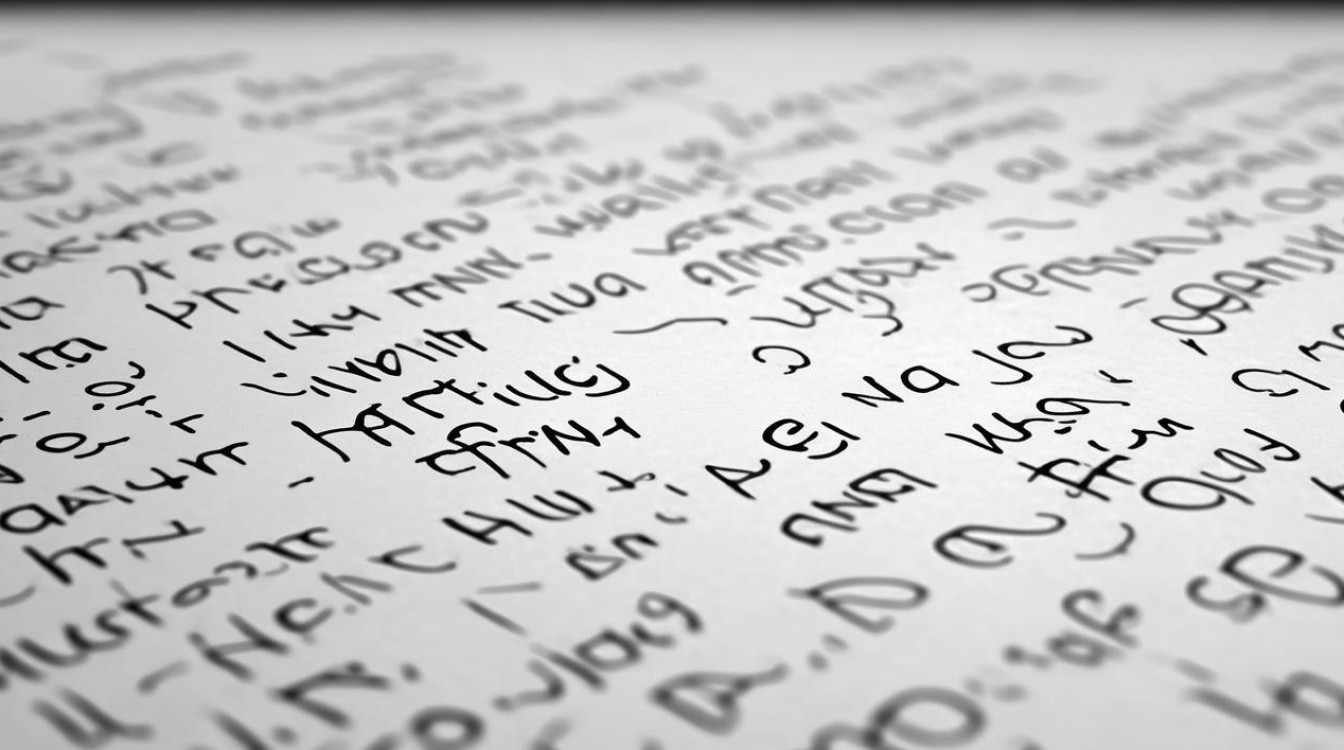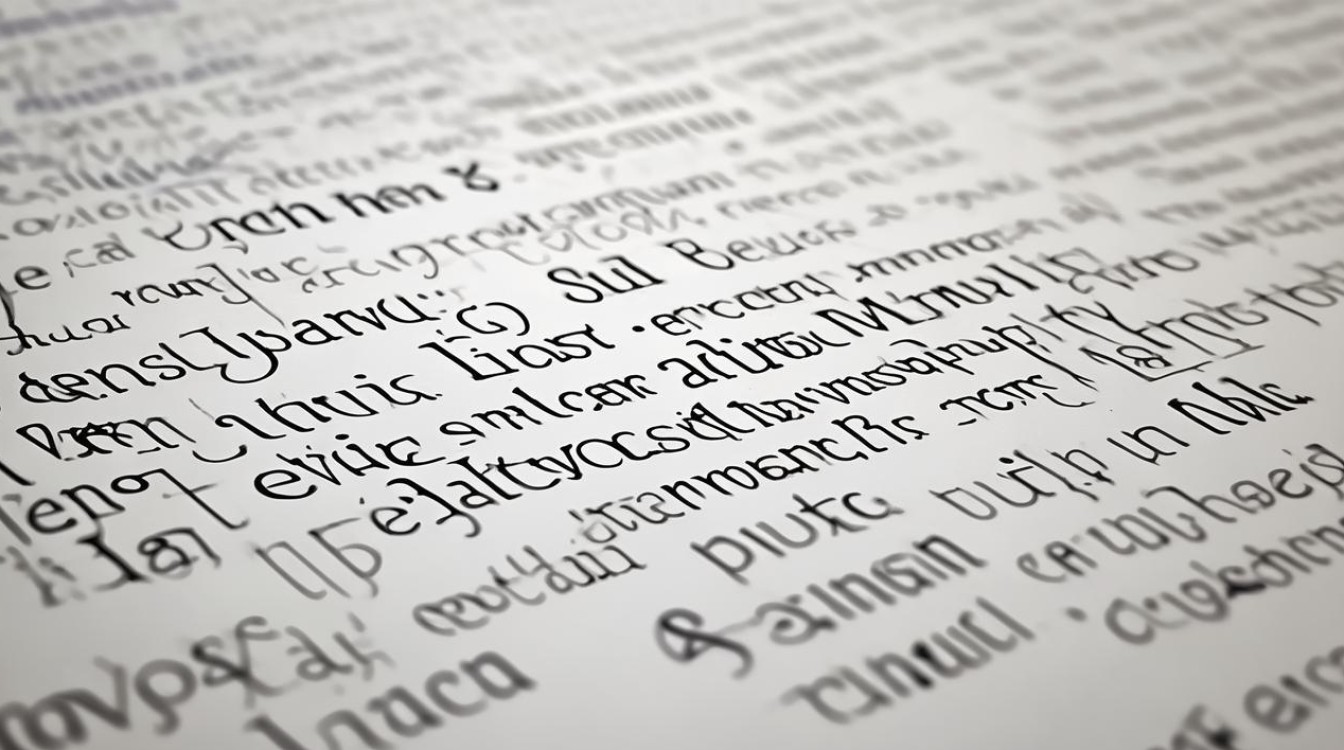英语学习离不开词汇积累,尤其是高中阶段,掌握核心单词能大幅提升阅读、写作和应试能力,以下整理出高频、实用且考试常考的单词,按场景分类,帮助学习者系统记忆。

基础高频词
这些单词在各类文本中出现频率极高,必须熟练掌握:
-
Analyze (v.) 分析
Scientists analyze data to find patterns.
-
Benefit (n./v.) 利益;受益
Regular exercise benefits health.
-
Challenge (n./v.) 挑战
She accepted the challenge willingly.
-
Define (v.) 定义
The dictionary defines this word clearly.
-
Essential (adj.) 必要的
Sleep is essential for memory.
-
Focus (n./v.) 焦点;集中
Focus on your goals.
-
Impact (n./v.) 影响
Social media impacts communication.
-
Major (adj.) 主要的
Pollution is a major problem.
-
Potential (n./adj.) 潜力;潜在的
He has great potential.
-
Significant (adj.) 重要的
This discovery is significant.
学术类词汇
高中英语考试中,学术词汇常出现在阅读理解中:
-
Evidence (n.) 证据
The report lacks solid evidence.
-
Hypothesis (n.) 假设
The experiment tested his hypothesis.
-
Interpret (v.) 解释
Can you interpret these results?
-
Method (n.) 方法

The research method was flawed.
-
Theory (n.) 理论
Einstein’s theory changed physics.
-
Variable (n.) 变量
Control all variables in the test.
-
Conclusion (n.)
The conclusion is convincing.
-
Data (n.) 数据
Accurate data supports the claim.
-
Process (n./v.) 过程;处理
Learning is a gradual process.
-
Source (n.) 来源
Cite your sources properly.
情感与态度词汇
写作和完形填空中常涉及情感表达:
-
Anxious (adj.) 焦虑的
She felt anxious before the exam.
-
Confident (adj.) 自信的
He spoke in a confident tone.
-
Disappointed (adj.) 失望的
The team was disappointed.
-
Enthusiastic (adj.) 热情的
She is enthusiastic about art.
-
Frustrated (adj.) 沮丧的
He grew frustrated with delays.
-
Grateful (adj.) 感激的
I’m grateful for your help.
-
Hopeful (adj.) 有希望的
The future looks hopeful.
-
Optimistic (adj.) 乐观的

Stay optimistic despite setbacks.
-
Proud (adj.) 自豪的
She felt proud of her progress.
-
Relieved (adj.) 宽慰的
He was relieved to hear the news.
动词短语
动词短语在完形填空中高频出现:
-
Bring up 提出;养育
He brought up an interesting point.
-
Carry out 执行
The plan was carried out smoothly.
-
Figure out 弄清楚
Can you figure out the answer?
-
Give up 放弃
Never give up on your dreams.
-
Look into 调查
The police will look into the case.
-
Put off 推迟
Don’t put off your tasks.
-
Run out of 用完
We ran out of time.
-
Set up 建立
They set up a new company.
-
Take over 接管
She took over the project.
-
Turn down 拒绝
He turned down the offer.
连接词与过渡词
写作中合理使用连接词能提升逻辑性:
-
However
She tried hard; however, she failed.

-
Therefore
He was late; therefore, he missed the bus.
-
Moreover
The plan is risky; moreover, it’s expensive.
-
Meanwhile
She cooked; meanwhile, he set the table.
-
Consequently 结果
He didn’t study; consequently, he failed.
-
Nevertheless 尽管如此
It rained; nevertheless, they went out.
-
In addition
In addition, we need more funds.
-
On the contrary 相反
He isn’t lazy; on the contrary, he works hard.
-
As a result 结果
He trained daily; as a result, he won.
-
For instance
Many animals, for instance, tigers, are endangered.
易混淆单词
注意区分拼写或含义相近的词:
-
Affect (v.) 影响 vs. Effect (n.) 效果
- The drug affects the brain.
- The effect was immediate.
-
Accept (v.) 接受 vs. Except (prep.) 除了
- She accepted the gift.
- Everyone came except Tom.
-
Desert (n.) 沙漠 vs. Dessert (n.) 甜点
- The Sahara is a vast desert.
- Ice cream is a popular dessert.
-
Lose (v.) 丢失 vs. Loose (adj.) 松的
- Don’t lose your keys.
- The screw is loose.
-
Principal (n.) 校长 vs. Principle (n.) 原则
- The principal gave a speech.
- Honesty is a key principle.
记忆建议
- 结合例句:单词在语境中更易理解。
- 分类记忆:按主题或词性分组学习。
- 定期复习:利用艾宾浩斯遗忘曲线强化记忆。
- 主动运用:在写作和口语中尝试使用新词。
掌握这些单词,英语能力会有质的飞跃,坚持积累,灵活运用,成绩提升自然水到渠成。

